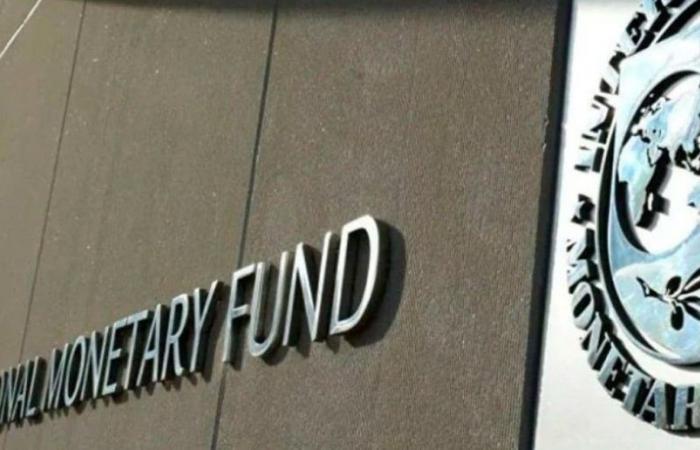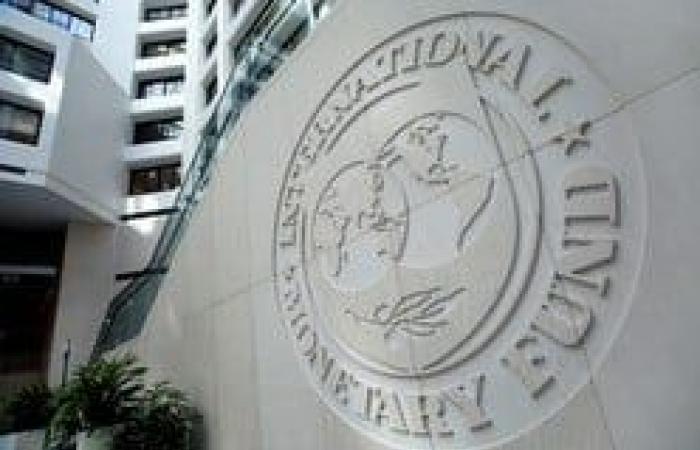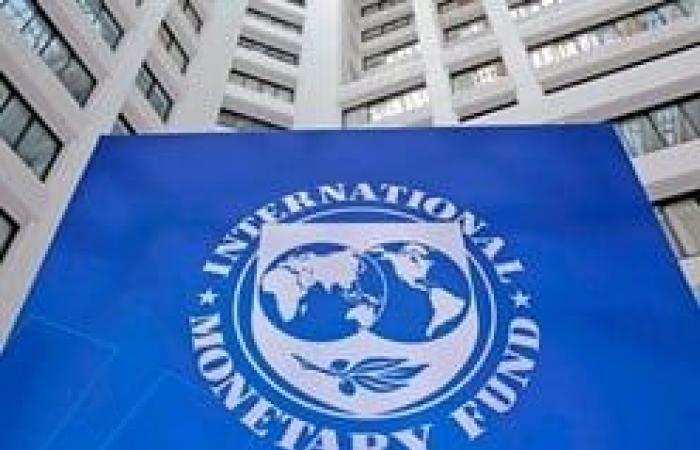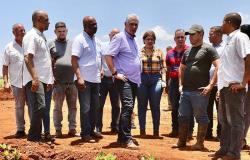The IMF estimated that the Argentine economy will fall 3.5% this year and that inflation will reach 140% annually in December. In its staff report released this Monday, the organization worsened its projection of the country’s economic growth for this year.
“Output will contract by around 3.5% in 2024 (previously 2.75%), although a turnaround in activity is expected during the second half of this year, as production headwinds ease. fiscal consolidation, real wages begin to recover and investment recovers in response to the reforms,” according to the report.
For the IMF, “activity and demand have contracted sharply, although there are early signs that some sectors could be close to bottoming out. Several indicators point towards a possible stabilization of economic activity from April, including improvements in consumer confidence, a rebound in private credit and cement consumption, all in the context of a rebound in agricultural production after last year’s drought.”
Regarding inflation, he estimated that it will continue to decline, ending 2024 at 140% year-on-year and “decreasing even further in the medium term, as the demand for pesos recovers from historically low levels.”
“Meanwhile, reserves are expected to remain unchanged, as less favorable terms of trade are largely offset by higher net capital inflows. Sustained medium-term fiscal and external surpluses – supported by strict policies, productivity increases and structural improvements in the energy balance – will strengthen reserves and ensure prospects for access to international markets,” the organization emphasized.
And he added that monetary and exchange policies “will evolve to strengthen disinflation and safeguard the accumulation of reserves.”
Specifically, “to support the transition to a new monetary regime, the Central Bank will ensure that monetary policy rates move towards positive territory in real terms, while exchange rate policy will become more flexible with the relaxation of currency management measures.” capital flows as conditions permit,” according to the Monetary Fund.
In its report, the agency also considered that although the fixed devaluation rate (2% monthly) “has helped anchor inflation, the authorities will adjust exchange rate policy over time to move more flexibly to better reflect the fundamentals.” and safeguard further improvement in reserve coverage.”
“Following initial measures to undo restrictions and exchange controls, the authorities remain committed to undoing all capital controls and exchange restrictions, starting with the most distorting measures, including the elimination of the 80/20 preferential export scheme and eliminating the tax COUNTRY before the end of 2024,” he added.
Imbalances
While highlighting the “impressive progress” made by Argentina in fiscal matters, the International Monetary Fund warned that “some macroeconomic imbalances and obstacles to growth persist, and a difficult path of adjustment still lies ahead.”
“Policies must now be improved to take advantage of the progress achieved so far,” the agency said in its staff report.
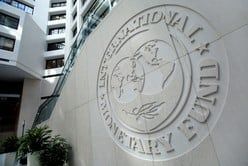 See alsoThe IMF releases US$ 800 million to Argentina, after the approval of a review of the agreement
See alsoThe IMF releases US$ 800 million to Argentina, after the approval of a review of the agreement He considered that “efforts must continue to expand political and social support for the reforms, as well as to protect the most vulnerable,” he warned about the reforms that were suspended after their rejection in Congress.
The IMF considered that “efforts must continue to reform the income tax, rationalize subsidies and tax expenditures, and strengthen spending control.”
And he said that “beyond this year, it will be essential to deepen the reforms of the tax, retirement and income distribution systems, including the elimination of distortive taxes.”
The IMF noted that “the fiscal package, which is expected to be approved by Congress – which includes an income tax reform, a tax amnesty (laundering), an improvement of Personal Assets and excise taxes on tobacco – will support and will improve the quality of sanitation efforts.”
 See alsoCaputo denied a devaluation and admitted that he will negotiate a new program with the IMF
See alsoCaputo denied a devaluation and admitted that he will negotiate a new program with the IMF The Fund asks the Government to present to Congress a plan to “rationalize” tax expenditures or exemptions within the next two months and consider the elimination of some rates that benefit specific regions and sectors.
But in addition, the organization mentions its fear that delays in the fiscal and structural package “undermine” the stabilization plan.
Therefore, in case of “delays” in Congress’ approval of fiscal measures, the authorities agreed to resort to “discretionary” decisions, such as reinforcing and expanding special taxes, particularly on fuel, accelerating the removal of subsidies and cutting plus funds to provinces and public companies.
On the other hand, the economic team is also willing to adjust monetary and exchange rate policy with “greater agility” to achieve the objectives of reserve accumulation and disinflation, for example, bringing real interest rates into positive territory sooner to sustain the demand for pesos in the event that the reduction in inflation and inflationary expectations are more persistent.
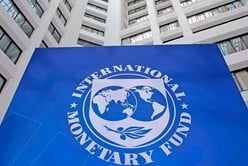 See alsoThe IMF calls for expanding political support
See alsoThe IMF calls for expanding political support Argentina could return to the capital market in 2025
The IMF affirmed that the Government must “continue preparing the ground” for Argentina to return to the international capital market and estimated that it could only be achieved at the end of next year “or before.”
“On the external side, efforts must continue to prepare the ground for re-accessing international capital markets. US$1.4 billion of net financing is expected to be provided in 2024, from the World Bank, the Inter-American Development Bank (IDB) and other regional organizations, such as the Development Bank of Latin America and the Caribbean (CAF) and the Development Fund (FONPLATA), who have agreed to provide liquidity support to finance the expansion of social safety net programs,” the organization said. in his report released from Washington.
Furthermore, he highlighted that “firm commitments from China are in place”, including to substantially refinance the withdrawn portion of the US$5 billion People’s Bank of China (PBOC) swap, while pointing out that the renewed financing of the hydroelectric dam project in Patagonia “will be in line with the progress of its implementation, as Argentine authorities work to overcome environmental and labor problems.”
In this framework, the Monetary Fund predicted that in the coming years, the Argentine authorities “will continue to focus on further reducing fiscal and external expenditures” to regain access to international capital markets “by the end of 2025 or earlier, if necessary.” possible, with the aim of better managing the large foreign exchange obligations that come due, while avoiding an increase in debt.

